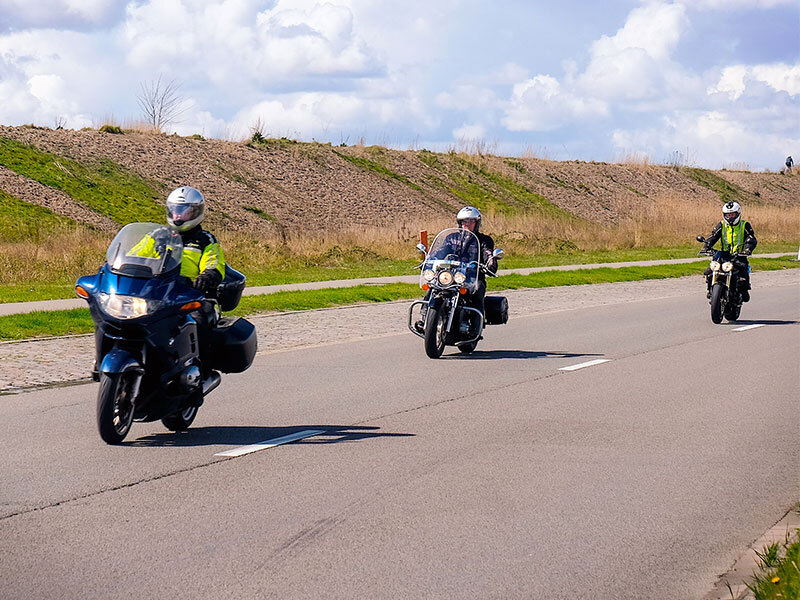PTW (powered two-wheelers) modelling study
21088
From 2021 to 2022
TML pioneered a study in Belgium on the social and economic impact of motorised two-wheelers (PTWs), identifying different scenarios for the shift from passenger cars to PTWs. For this analysis, TML conducted a social cost-benefit analysis, applying both microscopic modelling with Vissim and macroscopic modelling with the TREMOVE model to calculate effects on traffic density and transport demand.
Powered two-wheelers (PTWs) such as electric bicycles, mopeds and motorbikes take up less space, are more economical, and emit less greenhouse gases than passenger cars. A shift from passenger cars to two-wheelers as a mode of transport can provide greater sustainability and a higher quality of life, especially in urban environments. This positive effect becomes all the stronger if people were to opt mainly for electric two-wheelers. To date, however, there are no comprehensive studies on the social and economic impact of PTWs. As a result, these road users are often overlooked when drawing up mobility plans.
With this project, TML was a pioneer in Belgium and provided a reference for the analysis of the impact of PTWs on society. To this end, we looked at different scenarios for the shift from passenger cars to PTWs as a mode of transport in Belgium. We used a social cost-benefit analysis (SCBA) to calculate the impact of these scenarios on the environment, economic costs, congestion, and road safety. Our study was based on a representative selection of L-category vehicles (PTWs) and their current share in Belgian road traffic. This allowed us to construct different future scenarios for PTWs.
In this project, we combined the advantages of both microscopic and macroscopic modelling. In one case, we used Vissim software to estimate the effect of a shift from passenger cars to PTWs on congestion. In the other case, we used our macroeconomic model TREMOVE to estimate the impact of this shift on transport demand in Belgium.


